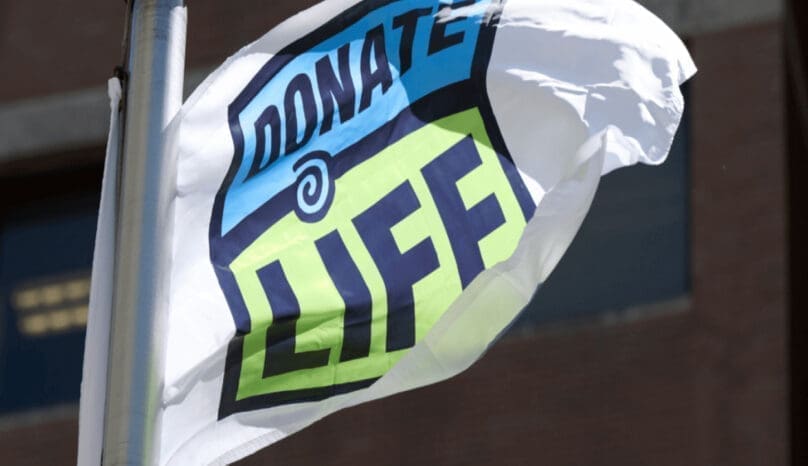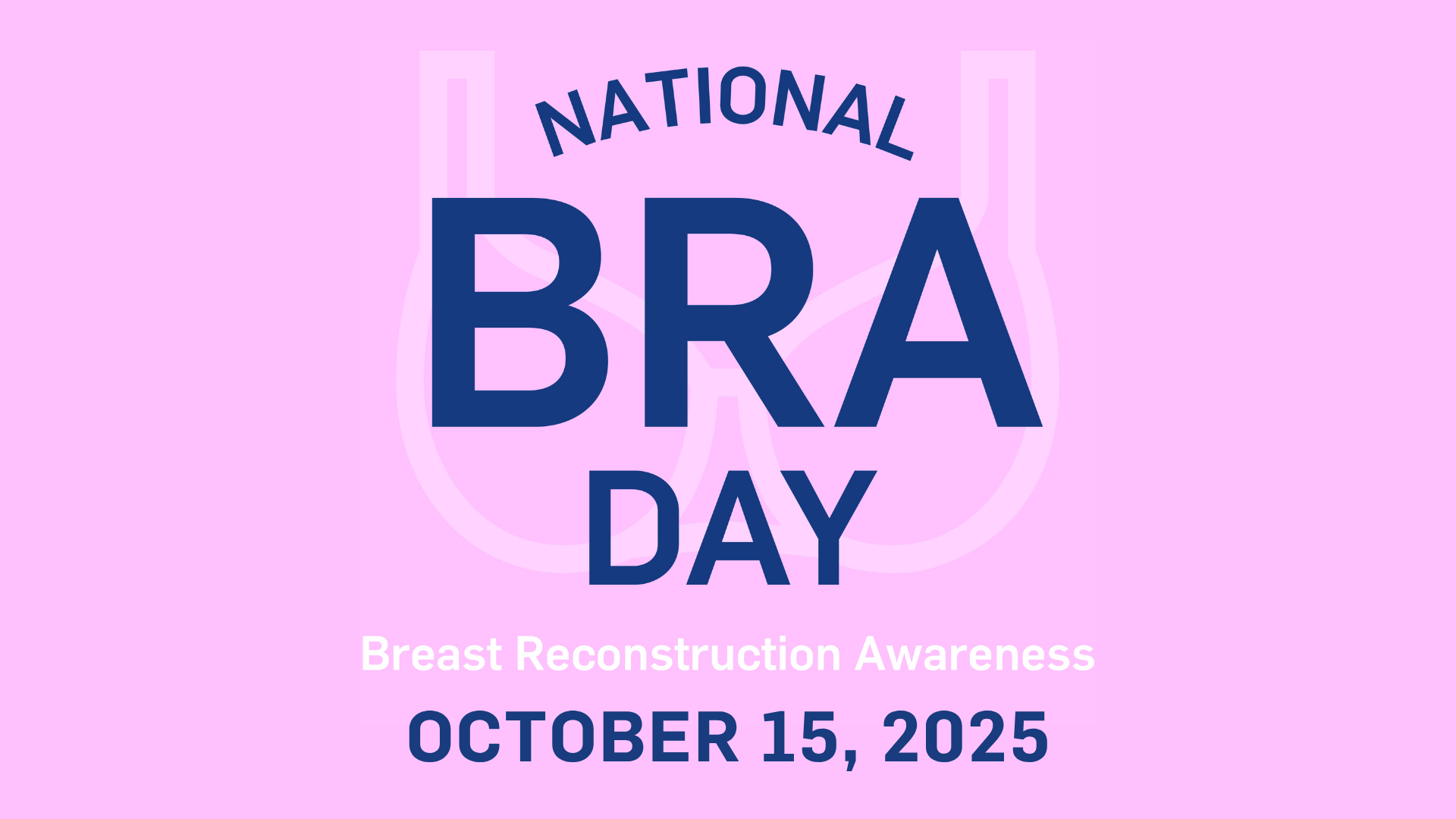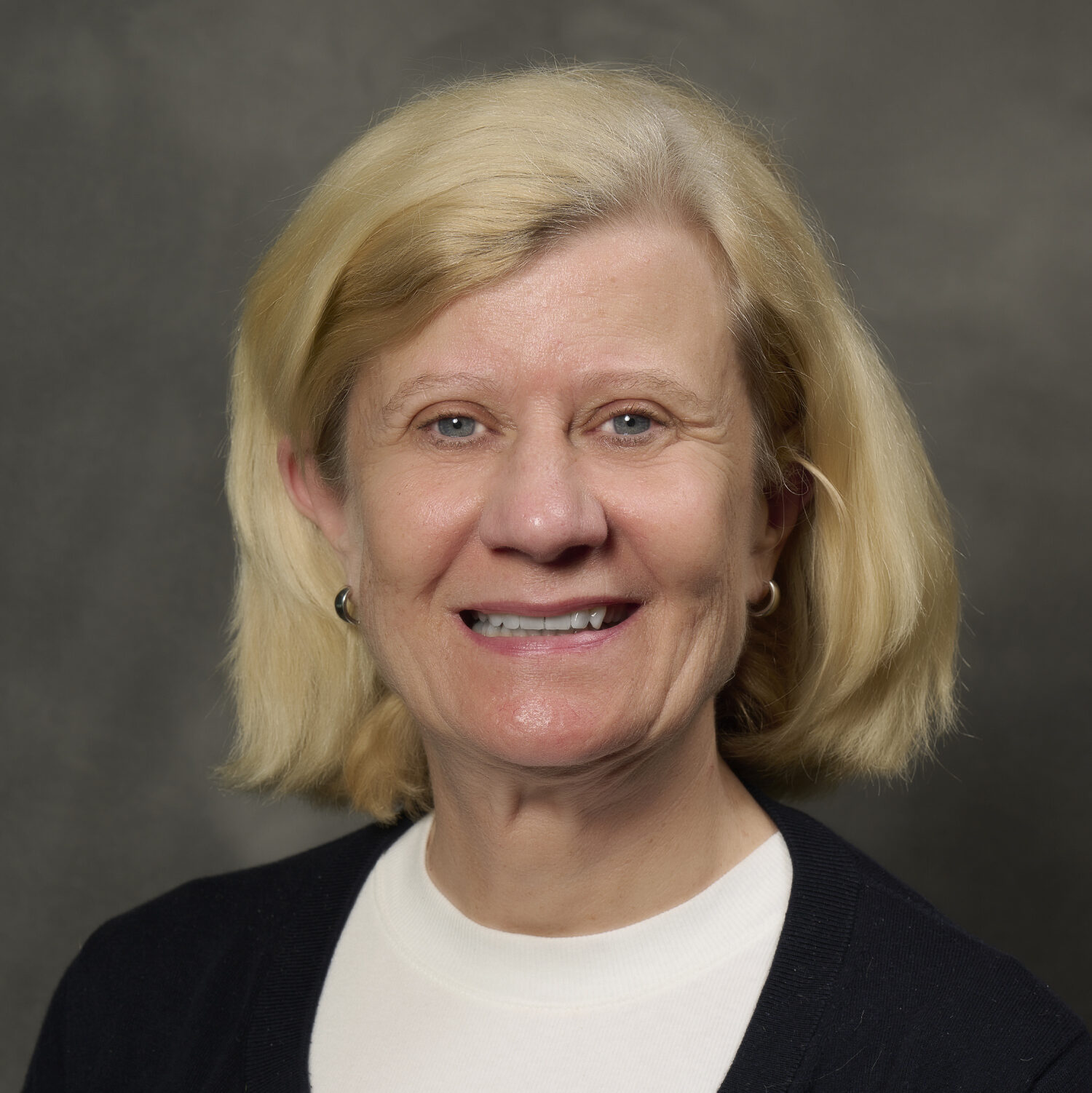George Franklin is the longest living African American kidney recipient. “I never expected to see 30,” he says. “Our lives and the lives of others hang on people understanding and accepting the concept of organ and tissue donation and how it can both save and enhance lives.” February 1st marked the beginning of Black History Month and is an opportune time to educate the public and address the health disparities that exist among diverse communities when it comes to organ donation and transplantation.
According to the U.S. Department of Health & Human Services, African Americans make up approximately 13 percent of the U.S. population. Over 33,500 African Americans are waiting for an organ transplant, which makes up approximately 28% of the national waiting list. African Americans make up the largest group of minorities in need of an organ transplant.
According to data from the Organ Donation Alliance, minority populations in the U.S. are at a greater risk of organ failure, particularly from renal and liver diseases. The National Kidney Foundation reports Black Americans are almost four times more likely to experience kidney failure compared to white Americans. Despite the higher risk, national data shows that Black patients on dialysis are less likely to be placed on the transplant waitlist and have a lower likelihood of transplantation.
Candice Reed knew exactly what it was like to wait for an organ transplant. Hearing the words, “you are in renal failure” was a complete shock to nine-year-old Candice and her family. After processing the news and being on dialysis for one week, Candice received the ultimate gift of love from her older sister on July 2, 1990. Even though they were 14 years apart, her sister, Joi’s kidney was a perfect match.
Not everyone is as lucky as Candice. Some minorities wait years and eventually see the quality of their lives decrease dramatically. Organizations like the Association for Multicultural Affairs in Transplantation (AMAT) have a mission to reduce the waitlist.
“Multicultural communities play a critical role in America’s transplant system. They save and heal lives as donors of organs, eyes, and tissue, need life-saving kidney transplants in disproportionately high numbers, and serve patients and families as healthcare professionals,” AMAT’s website states.
Give for your community
When we think of Black History Month, organ donation is not typically the first thing that comes to mind, but it’s important to bring to light the facts affecting this community. If more people in communities were willing to discuss organ donation, those waiting for life-saving gifts may receive transplants sooner. Although it’s not necessary for organ transplant candidates to match based on race or ethnicity, transplant matches within ethnic groups can be more compatible and successful.
And the gap between the demand for organ transplants and supply of donated organs remains high for communities of color. While the availability of viable, lifesaving organs from diverse donors fails to match the increasing demand. Right now, more than 110,000 people are waiting for a lifesaving transplant in the US, with 60% of those representing racial and ethnic minorities.
Franklin received his kidney transplant at the George Washington University Medical Center on November 4, 1975, and last year marked his 46-year anniversary of receiving the gift of life. He is retired now, but in that 46-year period, he had a son and now has grandchildren. He has also traveled the world and says that he has been very fortunate in this life that God has blessed him with. “So many people did not reach this number and may not reach this number. I am very fortunate, happy, and blessed to be the Nation’s longest living African American kidney recipient. I’m forever grateful to the deceased donor and donor family, for my precious gift of life” he added.
You can help improve the chances for diverse communities by signing up for the donor registry and telling your family that you’re an organ donor. Equally important is to encourage more people of color to sign up as organ, eye, and tissue donors. You can do so here. By changing the conversation around organ, eye, and tissue donation across all ethnicities, you can help save and heal the lives of diverse communities and bring heightened awareness to the health disparities that exist for minorities, during Black History Month and beyond.



